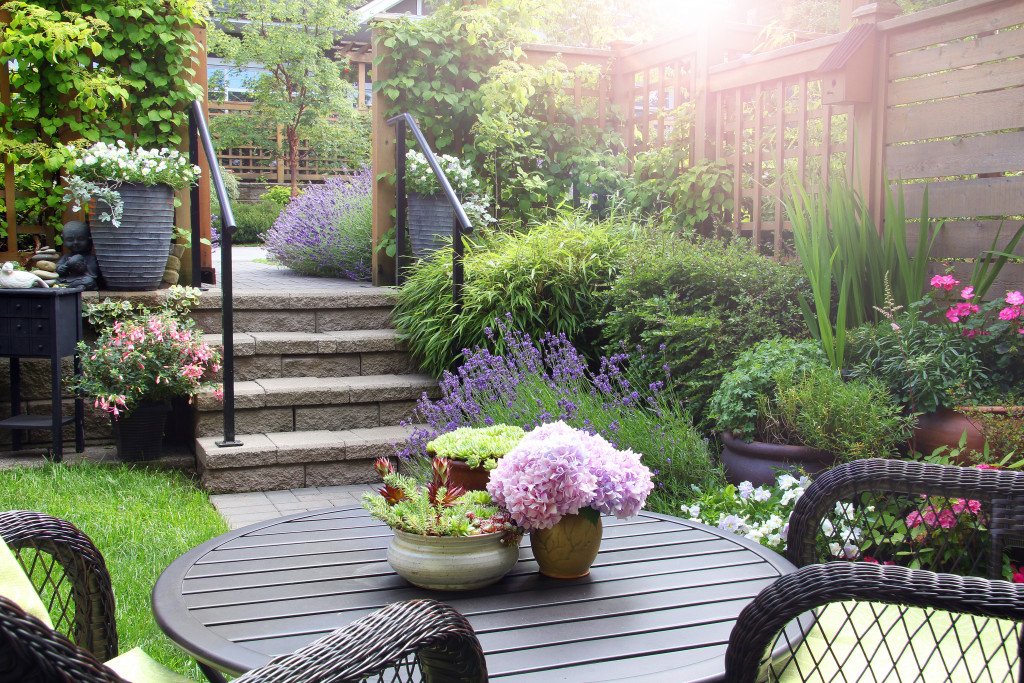Some people plant a garden to beautify their lawns, while some do it to grow their own food. Others tend to their gardens to help the environment. With urban areas heating up more and more, having a patch of green, healthy lawn can help alleviate the negative effects of high temperatures.
Whatever your reason is, keeping a garden thriving is an amazing thing. But did you know that some gardening practices hurt the environment more than help it? We discuss what these incorrect practices are below so you can avoid doing them from now on.
1. Using chemicals
Pesticides come in plenty of forms, including insecticides, herbicides, and fungicides. Using too much of these chemicals is bad for the environment because of the fumes they produce. In addition to pesticides, fertilizers are also commonly used in residential gardening.
While these chemicals are necessary to use for disease and pest-ridden lawns, there are plenty of natural ways to get a similar effect they bring. Instead of using chemical fertilizers, make your own from natural components found in your yard and home. Then, turn to non-chemical methods of taking care of your lawn by manually removing diseased plants as soon as you spot them and using eco-friendly pesticides like neem oil or soap spray.
2. Poor garden design
We all want a beautiful lawn with thriving plants and attractive landscape. However, lots of people who keep a backyard garden move or change their natural outdoor geography, disrupting the environment.
You can get the look of the garden of a commercial property that receives professional lawn care without ruining your own yard’s natural landscape. All you need is to create a comprehensive plan about what you’re planting and where you’re planting it. With enough research, you can have a diverse lawn that complements your local ecosystem.

3. Overwatering
Around 40 percent of the country experiences drought of some kind. This is why some states have to implement water efficiency rules so they can survive months of drought. If your garden doesn’t have an efficient irrigation system, you’re unknowingly wasting water and contributing to the drought.
Fortunately, it’s completely possible to plant a garden that doesn’t require a ton of water and still looks beautiful. For example, instead of planting a specific type of grass in your lawn, opt for native grasses instead because they remain healthy even without much maintenance. You may also want to look into drip irrigation, a watering system that delivers water directly to the root zones of plants, resulting in lesser water consumption.
4. Discouraging pollinator population
As mentioned earlier, the use of pesticides in residential gardens is prevalent. However, most of these chemicals target a wide range of insects, not just bugs or pests. Bees, birds, and other non-destructive bugs also die because of pesticide use.
By now, you know that these animals are essential in creating a thriving ecosystem. If you discourage the growth of their population in your yard, you won’t have pollinators and nothing to germinate crops. But by creating a natural habitat for these bugs, birds, and bees, you can have a healthy ecosystem in your yard that benefits your plants.
Now that you’re aware of these practices, you can garden better and more sustainable, ensuring that you’re helping the environment instead of harming it.

